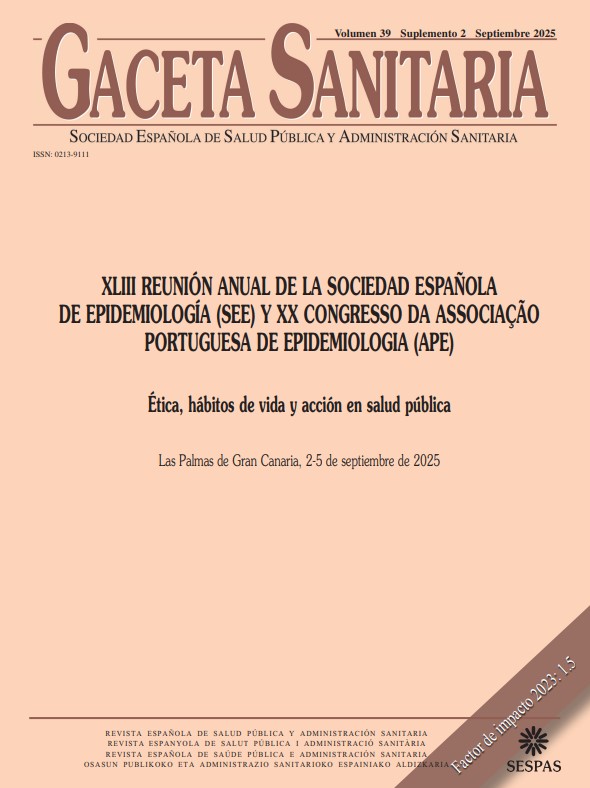591 - ASSOCIATIONS BETWEEN LOW-FAT DIETARY PATTERNS AND OBESITY-RELATED CANCERS RISK IN THE SUN COHORT
Department of Preventive Medicine and Public Health, University of Navarra; Biomedical Research Centre Network on Obesity and Nutrition (CIBERobn), Spanish National Institute of Health Carlos III; IDISNA, Navarra Institute for Health Research; International Agency for Research on Cancer (IARC), Nutrition and Metabolism Branch; Department of Medical Oncology, Cancer Center Clínica Universidad de Navarra.
Background/Objectives: Evidence from clinical trials supports the role of low-fat diets in weight management and health improvement. This study aimed to evaluate whether adherence to different low-fat diets might be associated with the incidence of obesity-related cancers (ORCs).
Methods: Data from 17,756 participants in the "Seguimiento Universidad de Navarra" (SUN) cohort were analyzed. Based on a validated 136-item food frequency questionnaire at baseline and after 10 years of follow-up and Shan et al. work, an overall low-fat (OLF) score was calculated by assigning positive scores to energy from proteins and carbohydrates, and reverse scores to energy from fats. Additionally, a healthy low-fat (HLF) score was estimated, where energy from high-quality carbohydrates and plant proteins received positive scores, and energy from saturated fats was scored reversely. Participants were classified into quartiles. Multivariable Cox proportional hazard models were used to estimate adjusted hazard ratios (HR) according to adherence to the low-fat diet using repeated measurements.
Results: During 14-year median follow-up, 263 incident ORC cases were confirmed. Participants in the highest quartile of an HLF diet had a 33% lower risk compared to those in the lowest quartile (Hazard Ratio = 0.67; 95% confidence interval: 0.45-0.99). OLF was not associated with ORC risk.
Conclusions/Recommendations: In this Mediterranean cohort, our findings suggest potential benefits of long-term adherence to an HLF, high in high-quality carbohydrates and plant proteins, and poor in saturated fats, in reducing ORC risk.
Funding: The SUN Project has received funding from the Spanish Government-Instituto de Salud Carlos III, and the European Regional Development Fund (FEDER) (RD 06/0045, CIBER-OBN, Grants PI10/02658, PI10/02293, PI13/00615, PI14/01668, PI14/01798, PI14/01764, PI17/01795, PI20/00564, PI23/01332 and G03/140), the Navarra Regional Government (27/2011, 45/2011, 122/2014), National Drug Plan (2020/021), and the University of Navarra.















